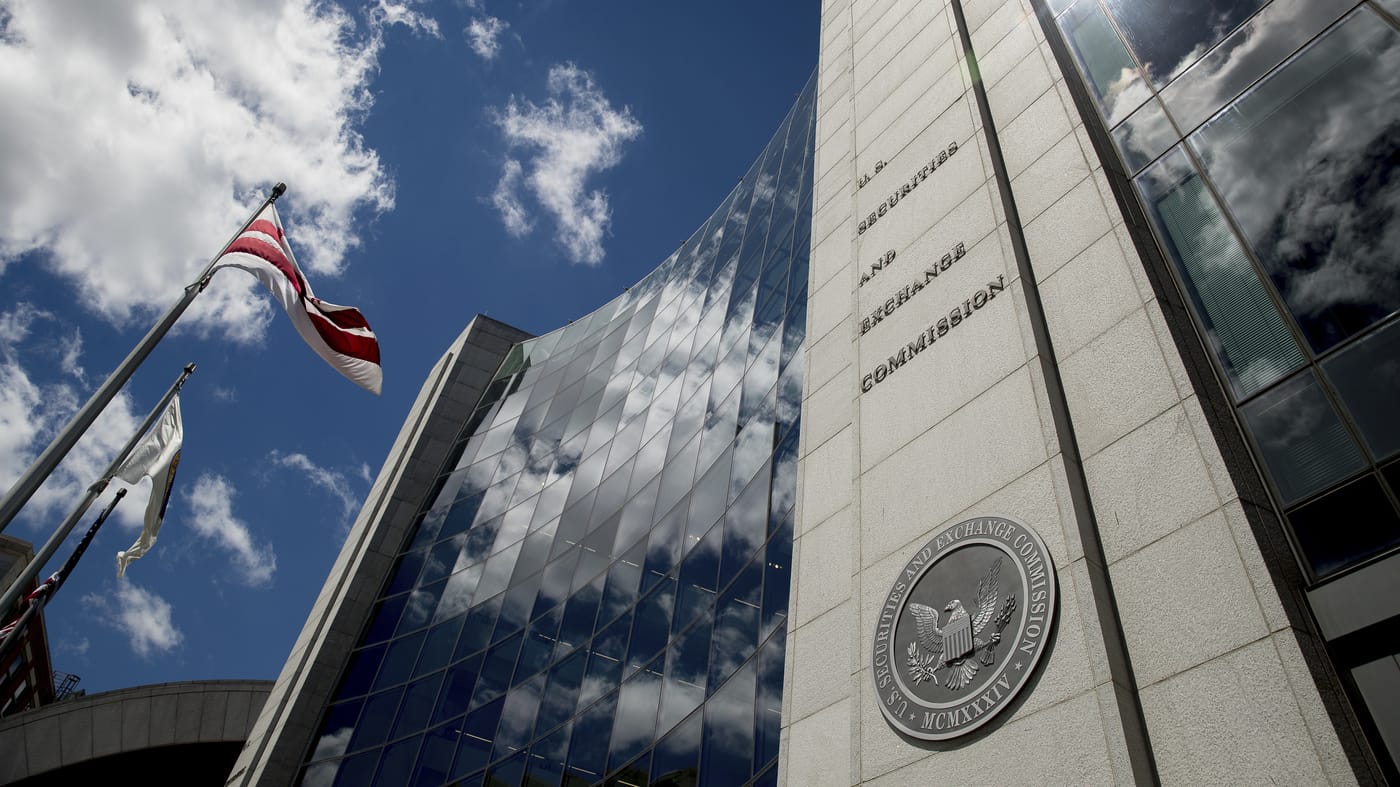In a significant development for the steel industry, Nippon Steel’s CEO has publicly reaffirmed the company’s commitment to acquiring US Steel, despite facing legal hurdles stemming from a lawsuit against the Biden administration. The lawsuit, filed by Nippon Steel, alleges that the U.S. government has imposed barriers that complicate the acquisition process, raising questions about regulatory practices and their impact on international business transactions.
Nippon Steel, one of the largest steel producers in the world, has been eyeing US Steel as a strategic acquisition for several reasons. The U.S. steel market has been experiencing fluctuations, and Nippon Steel believes that acquiring US Steel would not only enhance its market position but also contribute to stabilizing the supply chain in a crucial sector. The CEO emphasized that the merger could lead to increased production capabilities and improved efficiency, ultimately benefiting both companies and their stakeholders.
The legal action against the Biden administration is a notable aspect of this ongoing negotiation. Nippon Steel claims that the administration’s regulatory framework has created an environment that is not conducive to foreign investments in the U.S. steel sector. The lawsuit seeks to challenge certain regulatory decisions that Nippon Steel believes are unjustly impeding its acquisition efforts. This legal battle highlights the complexities of international business operations in a highly regulated environment, especially in industries deemed critical to national security.
In response to the ongoing litigation, the CEO maintained a positive outlook on the acquisition process, expressing confidence that the legal proceedings would eventually lead to a favorable resolution. The CEO noted that Nippon Steel has a long-standing commitment to operating in compliance with local laws and regulations, and the company is prepared to engage in constructive dialogue with U.S. authorities to address any concerns.
The potential acquisition of US Steel by Nippon Steel is not just a corporate maneuver; it reflects broader trends in the global steel market. As countries around the world grapple with the challenges of sustainability and economic recovery, the steel industry is at the forefront of discussions about innovation and efficiency. Nippon Steel’s interest in US Steel aligns with its strategy to enhance its technological capabilities and expand its product offerings, particularly in high-demand sectors such as automotive and construction.
Furthermore, the acquisition could have significant implications for the U.S. steel industry as a whole. By integrating US Steel’s operations with its own, Nippon Steel aims to create a more competitive entity that can better respond to market demands and pressures. This could lead to job creation, increased investment in infrastructure, and a more resilient supply chain, all of which are critical factors for economic growth in the region.
However, the acquisition is not without its challenges. The U.S. steel industry has been under scrutiny due to concerns about overcapacity, trade practices, and the impact of tariffs. The Biden administration has been particularly focused on ensuring that domestic steel producers are protected while navigating the complexities of international trade relations. This regulatory landscape presents a formidable challenge for Nippon Steel as it seeks to navigate the acquisition process.
In light of these challenges, the CEO’s reaffirmation of Nippon Steel’s commitment to acquiring US Steel signals the company’s determination to overcome obstacles. The CEO highlighted the importance of collaboration and dialogue with U.S. stakeholders, emphasizing that the acquisition is not only beneficial for Nippon Steel but also for the U.S. economy. By fostering partnerships and engaging in transparent discussions, Nippon Steel aims to build trust and demonstrate its commitment to the U.S. market.
As the legal proceedings unfold and negotiations continue, the steel industry will be closely watching the developments surrounding Nippon Steel’s acquisition of US Steel. The outcome of this endeavor could set a precedent for future foreign investments in the U.S. steel sector and influence the regulatory landscape for international business operations. Ultimately, the success of this acquisition will depend on the ability of both parties to navigate the complexities of the legal and regulatory environment while aligning their strategic goals.
In conclusion, Nippon Steel’s CEO has made it clear that the company remains steadfast in its pursuit of acquiring US Steel, despite the legal challenges posed by the Biden administration. The lawsuit highlights the complexities of international business in a regulated environment, but Nippon Steel is optimistic about the potential benefits of the acquisition for both companies and the broader steel industry. As the situation develops, stakeholders will be keenly observing the implications for the U.S. steel market and the future of foreign investment in critical industries.


